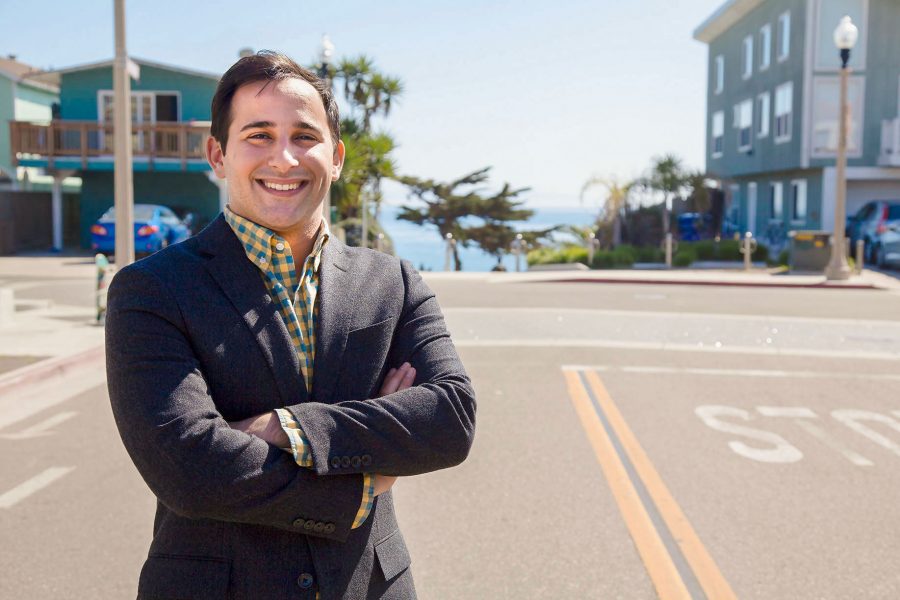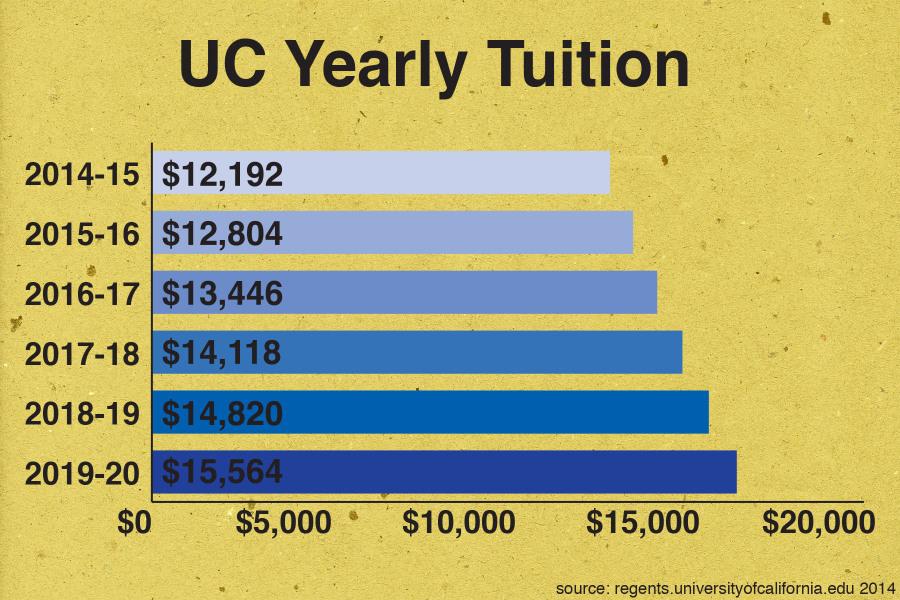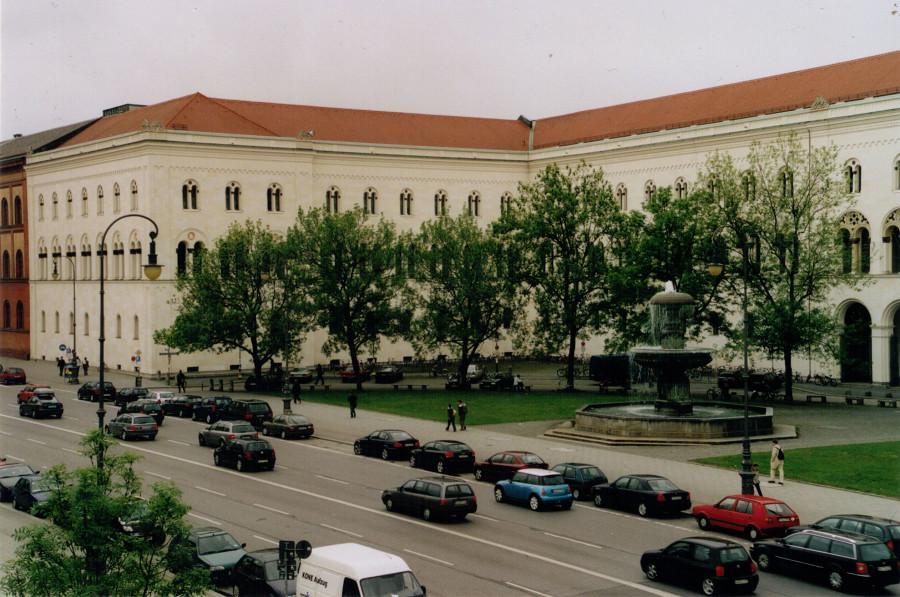Fee hikes proposed for the spring quarter of City College’s Continuing Education program proposed by the board of trustees may be decided on Thursday, but the drama surrounding the issue is likely to linger.
Continuing Ed students will attend Thursday’s board of trustees meeting, hoping to convince the members to postpone their decision and insist they look at alternatives. By law the same students could form their own council to be consulted in future program changes.
This followed a tense study session two weeks ago, when more than 60 students and instructors from the program, faced off with trustees and Superintendent-President Andreea Serban to protest a rise in fees for more than 90 classes.
Classes that once cost $55 for a 10-week session may now cost $229 for a seven-week term.
“People retire to Santa Barbara just to take these classes,” said Ann Crosby, a Continuing Ed student who spoke Friday to City College’s Associated Student Body. “Because the fee increases are very sudden, it has broadsided the program. Many of the students are low-income and retired, so it’s going to hit hard.”
Crosby and other speakers in front of the board of trustees two weeks ago said informal surveys they had conducted of current students suggested that more than 80 percent would not be able to return in the spring if the proposed fee hikes are approved.
Continuing Ed students have been voicing their concerns about changes to the program since last fall, when the college hosted a community forum at the Schott Center to hear concerns from students and instructors, as well as brainstorm ideas to avoid sharp increases in fees.
But the results from brainstorming sessions have fallen on deaf ears, Crosby said.
“The college is somewhat non-compliant,” she said to the student senate. “Adult Ed students have not been consulted in this decision.”
So while Crosby hoped to have the backing of the student senate at Thursday’s board meeting, plans could be in motion to have Continuing Ed students start their own representation group.
Even though the student senate’s constitution includes Continuing Ed students, a student must be taking at least five units from the college to serve on the senate. But college rules also allow for Continuing Ed to have its own organization.
Senate Vice President Atty Garfinkel proposed at last Friday’s meeting that, if created, the new organization have a liaison to student senate.
During the Feb. 11 study session, school controller Leslie Griffin told the Board the increases in fees were necessary because state funding, which largely exclude fine art and other classes not required for certificates, would be significantly less than the year before. Therefore, the cost for each class was re-evaluated and would be passed on to the student.
But this did not sit well with instructors, fearing that if their classes could not reach the minimum enrollment of 20 students, they would be out of a job.
“If these fees are imposed I really feel the number of classes would be cut in half,” said jewelry Instructor Janice Lorber.
She also said if the classes are cut, teachers might leave the area.
“It would be hard to recreate the staff,” she said. Lorber suggested a gradual phase-in for fee increases.
Norman Gutshall, who teaches Southwestern jewelry making, threatened to quit if the new fees were enacted as he spoke in front of the Board.
He then engaged in a heated dispute between Board President Joe Dobbs and member Des O’Neill over the actual proposed fee of his class, originally believed to be as high as $220. His class, which costs $50 now for eight sessions, could cost $150 for seven sessions in spring.
Serban, during Gutshall’s public comment time, said she felt it was essential to raise fees rather than not offering some classes at all.
“We are proud of what we have too,” she said.
Board of Trustees will meet 4 p.m. Thursday in Administration Center-Room 211.











